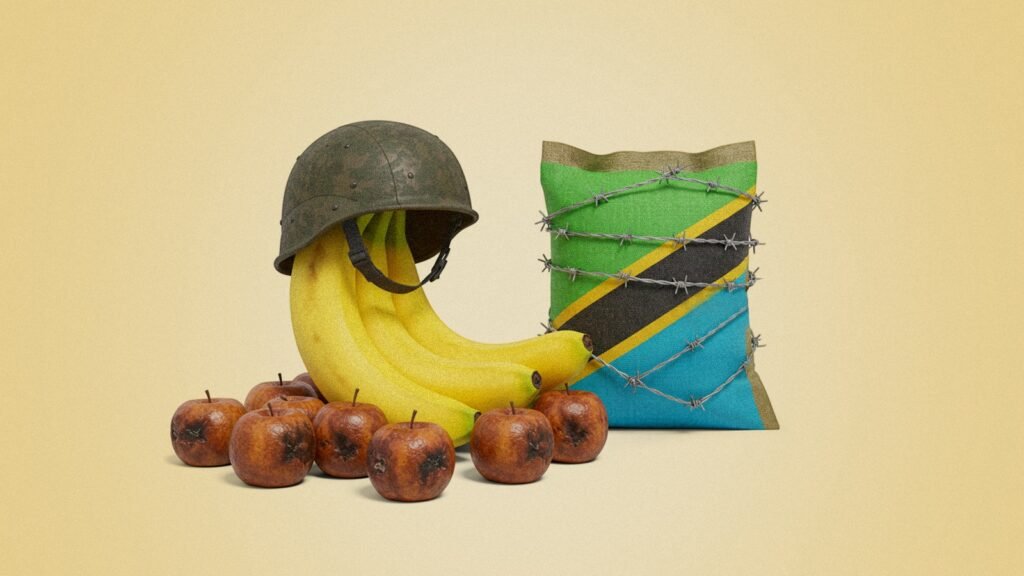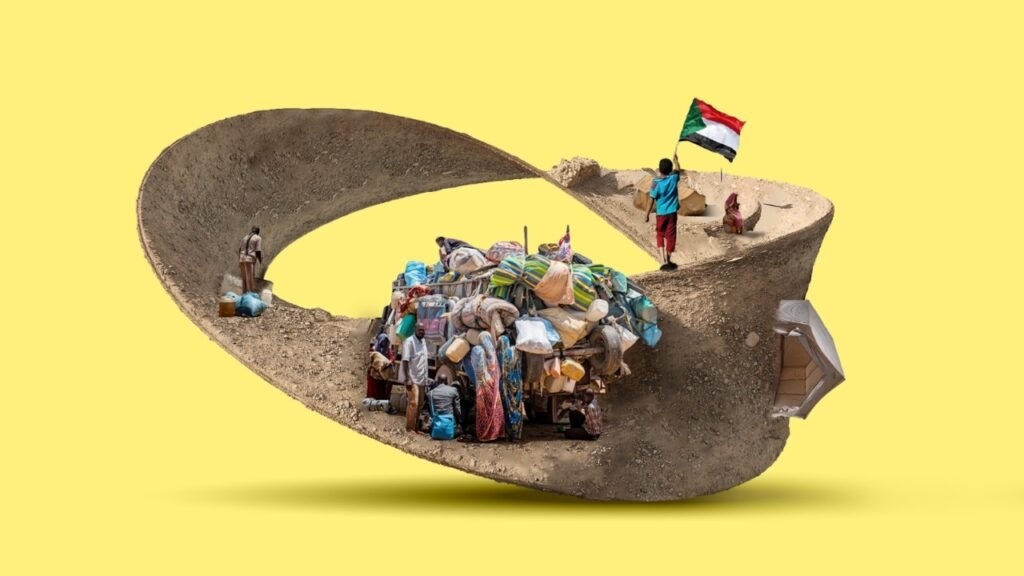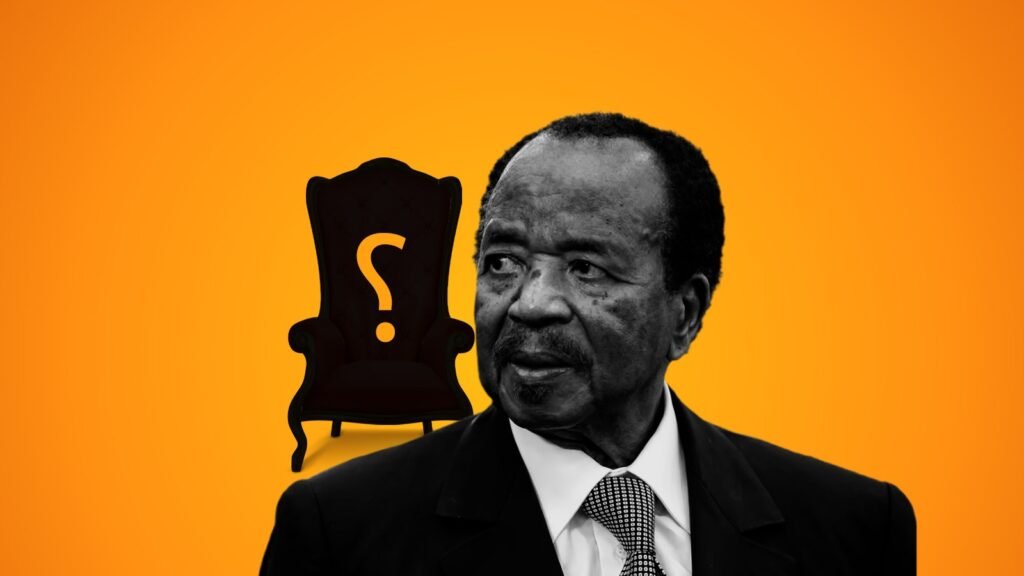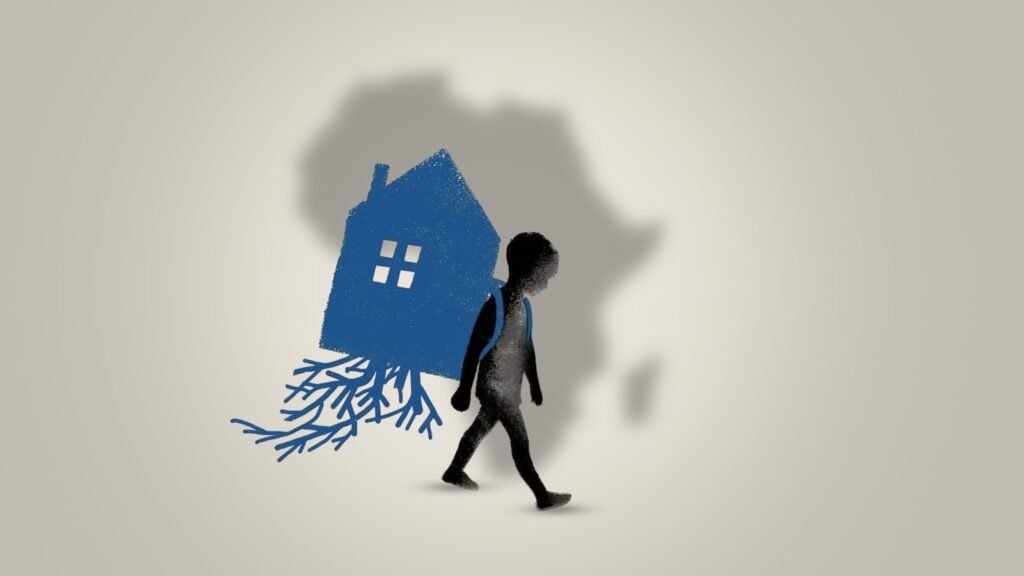Tanzania has lobbed a bold challenge at its regional neighbors in a move that has turned diplomatic tables and fruit baskets upside down. In April 2025, the country imposed a sweeping ban on agricultural imports from South Africa and Malawi, escalating what observers are now calling the “Banana Wars” of Southern Africa.
At the heart of this regional squabble lies a tangled web of trade restrictions and retaliatory measures that have pitted member states of the Southern African Development Community (SADC) against each other. The Tanzanian government, led by Agriculture Minister Hussein Bashe, made the dramatic announcement after accusing South Africa and Malawi of unreasonably blocking Tanzanian agricultural exports. Items like rice, flour, ginger, bananas, and maize had been restricted from entering those markets, prompting Dar es Salaam to strike back.
The retaliation was not half-hearted. Bashe made it clear that effective immediately, Tanzanian borders would be closed to imports of fresh agricultural produce from both countries. South African apples, once a staple in Tanzanian markets, have found themselves particularly targeted, with customs officials instructed to turn away shipments at points of entry. Tanzania didn’t stop at just banning imports—it threatened to block the transit of goods from Malawi and halt fertilizer exports to its neighbor if restrictions on Tanzanian products weren’t lifted within days.
The shockwaves of this decision rippled across the region. South African exporters expressed disbelief, calling the move abrupt and disruptive. Meanwhile, in Malawi, the government responded cautiously, signaling a desire for negotiations while also defending its earlier trade restrictions on Tanzanian produce as precautionary measures tied to biosecurity concerns.
For Tanzanian officials, however, the move was about more than trade—it was about fairness. “You can’t enjoy access to our markets while denying us entry to yours,” Bashe stated during a fiery press briefing. He insisted that Tanzania was merely protecting its economic sovereignty and standing up for its farmers, many of whom depend heavily on regional exports for their livelihoods.
Behind the diplomatic drama lies a broader strategic calculation. Tanzania has, for some time, been pushing policies aimed at reducing reliance on foreign imports and building domestic industrial capacity. The agricultural ban fits neatly into that agenda. The government recently signaled that it may move to restrict imports of electronics in the near future, once local manufacturing capabilities have matured. The same applies to steel, where Tanzania has seen significant growth in domestic production. Officials have indicated that the country is now on the verge of fully replacing imported steel with locally produced alternatives.
All of this points to a growing ambition: Tanzania wants to be more than just a raw materials exporter or a passive participant in regional trade. It wants to become an industrial player, a regional hub for manufacturing, and a country that trades on its own terms. But bold ambitions come with big risks. As trade tensions with South Africa and Malawi heat up, observers warn that Tanzania could be playing a dangerous game of economic brinkmanship.
SADC, which has long promoted regional integration and free trade, now finds itself in a tricky position. Member states are watching the dispute closely, concerned that the Tanzania-Malawi-South Africa triangle could trigger a domino effect of retaliatory policies across the region. There is already talk in diplomatic circles of convening an emergency meeting to prevent further escalation.
Some analysts have described the situation as a case of “fruit-fueled nationalism”—a combination of economic self-interest and political muscle-flexing wrapped in the language of agricultural policy. Yet others see it as a wake-up call for the region to revisit its trade frameworks and address long-standing grievances over access, tariffs, and regulatory barriers.
On the streets of Dar es Salaam, reactions have been mixed. While some citizens support the ban as a patriotic gesture, others are already noticing the absence of familiar produce on store shelves. “I love South African apples,” one shopper lamented at a downtown fruit stall. “They are sweet and always fresh. I hope this doesn’t last too long.” Whether this fruit fight ripens into full-blown economic confrontation or is peeled back through negotiation remains to be seen. For now, Tanzania has made its stance clear: when it comes to trade, it won’t be treated like a banana republic.




